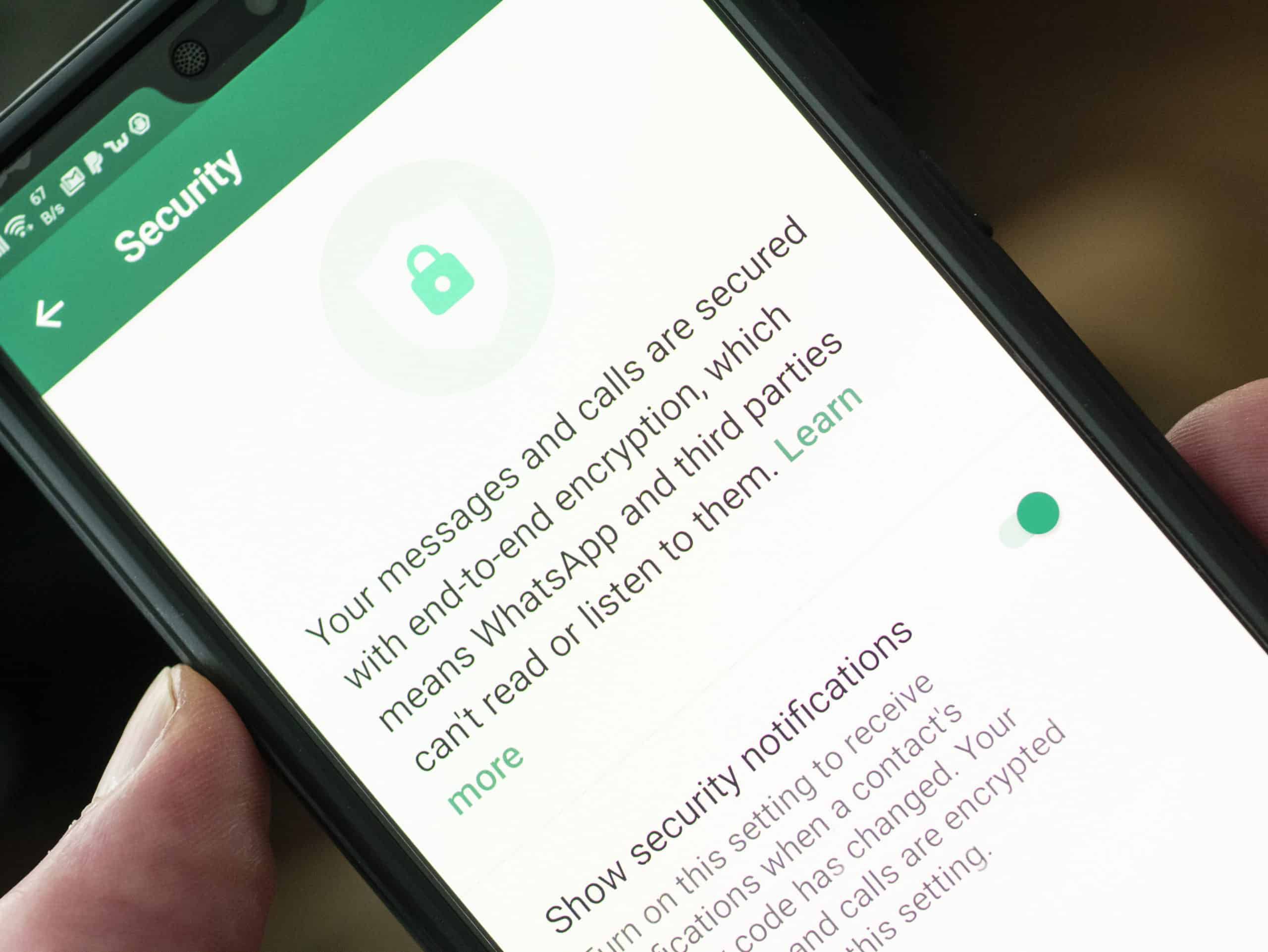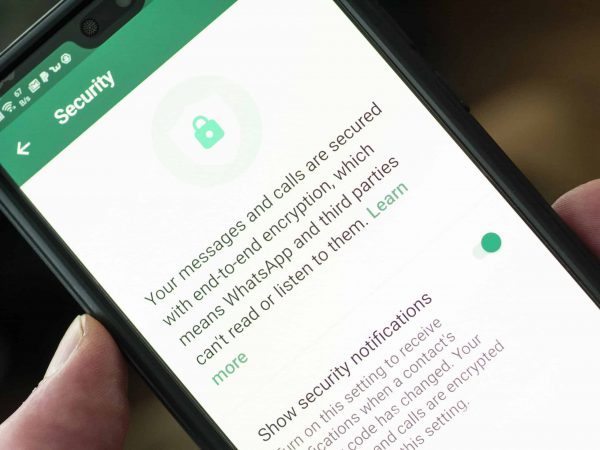The announcement by WhatsApp that users who do not agree to share their personal data with Facebook will have their accounts deleted by February 8 generated backlash earlier in the year. After this episode, Facebook decided to extend the deadline to May 15, 2021. And just because of the WhatsApp policy update, many users abandoned the platform and switched to using alternatives such as Signal and Telegram for messaging.
Read more about Tech
Although WhatsApp has been sharing data with Facebook since 2016 when it was acquired by the tech giant, it never crossed the boundary that worried regulators about citizen privacy.
In a recent clarification statement, WhatsApp stated that the new update only affected optional business features on WhatsApp and does not expand into sharing data with Facebook.
Now their unstable privacy policy move has become a searchlight for regulators in Nigeria.
A data privacy expert, Samuel Ngwu, opined that NITDA did not respond to the WhatsApp update policy early enough, coming two days late after May 15.
On May 17, the National Information Technology Development Agency (NITDA) said it was engaging Facebook on the new policy and “exploring all options to ensure Nigerians do not become victims of digital colonialism.
One of NITDA’s concerns is that the new update is only applicable outside Europe; which is protected by the General Data Protection Regulation (GDPR).
Sign up to the Connect Nigeria daily newsletter
In Europe, for example, GDPR protects citizens against invasive data privacy practices instituted by Tech cultures. Due to this, the WhatsApp privacy policy has not been able to find footing in Europe.
Although users will no longer lose access to the WhatsApp app if they do not agree to the latest terms of service, users will still get reminded through the app about the new policy if they are yet to accept it.
According to NITDA, Facebook collects information such as account information, messages, undelivered and forwarded messages via WhatsApp’s platform. WhatsApp has continued to maintain that it is unable to read users’ messages as they are encrypted end-to-end.
In 2019, Nigeria through NITDA passed a replica of the GDPR into law. Named the Nigerian Data Protection Regulation 2019 (NDPR), the data policy was issued by the National Information Technology Development Agency (NITDA) on 25th January 2019 and it largely mirrored recommendations from Europe’s GDPR. Meanwhile, if NITDA was merely protesting WhatsApp’s policy after it has been rolled out, Europe did not allow WhatsApp to institute the policy in the first place.
The irony of the situation now is that while NITDA is at least kicking against WhatsApp’s invasive user data policy, sister agencies to NITDA such as the Nigerian Communications Commission (NCC) are moving to capture private user data such as IMEI numbers.
Featured Image Source: The South African
Got a suggestion? Contact us: [email protected]


